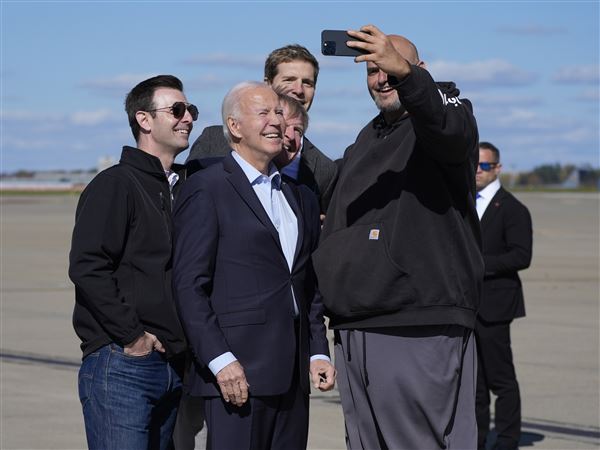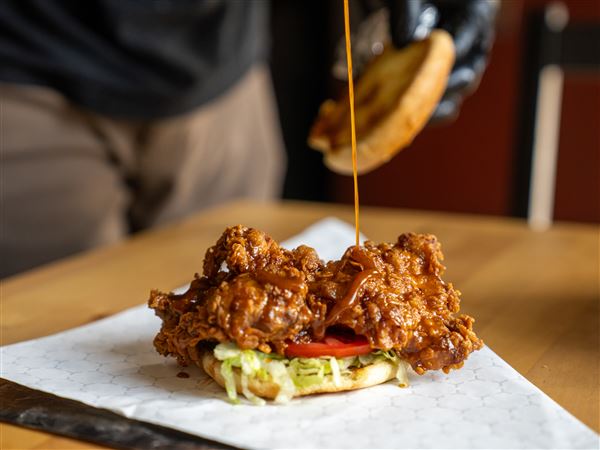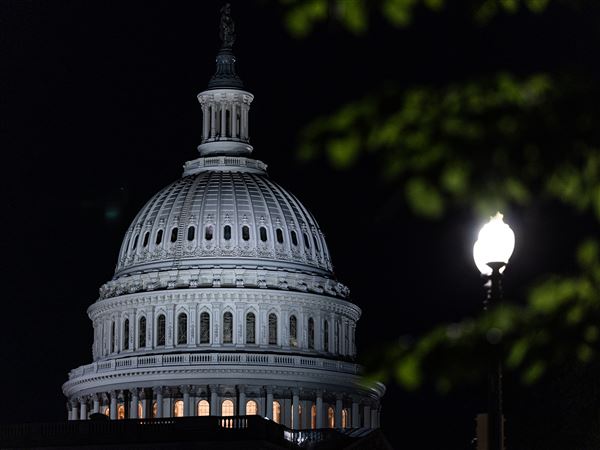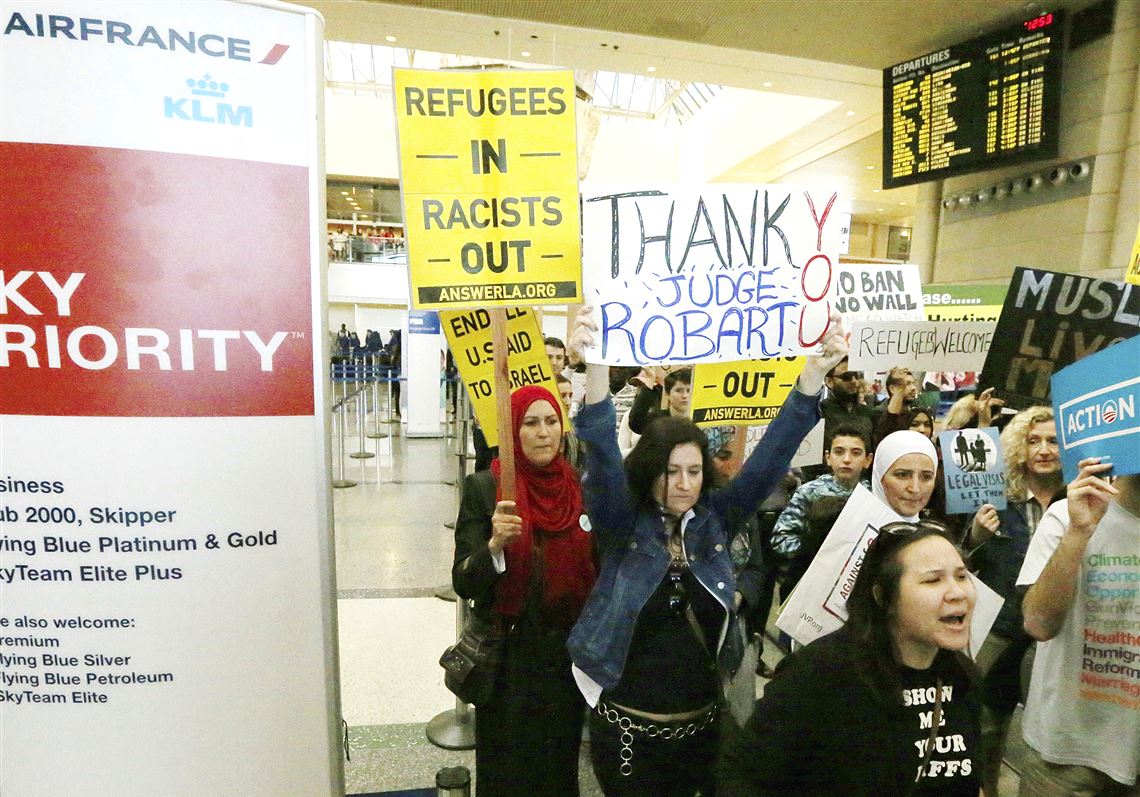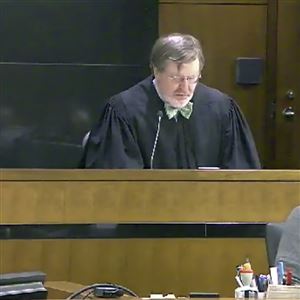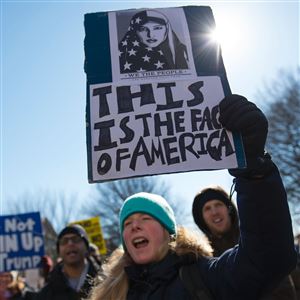WEST PALM BEACH, Fla. — A day after a federal judge temporarily blocked the White House’s immigration order, the government on Saturday began opening the nation’s doors again to refugees and travelers from seven predominantly Muslim nations even as President Donald Trump unleashed a fusillade of criticism against the court ruling and the Justice Department moved to have it overturned.
On another day of chaotic developments over the week-old order, the State Department reversed its cancellation of visas for people from the seven affected countries and restarted efforts to admit refugees. Aid groups scrambled to take advantage of what they acknowledged might be a brief opportunity for refugees to enter the United States, and small numbers of travelers from the previously banned countries began their journeys, knowing that the judge’s ruling could be reversed at any time.
The developments led Mr. Trump to lash out throughout the day on Saturday, prompting criticism that he failed to respect the judicial branch and its power to exert a check on his authority
In an early-morning Twitter post from his Florida resort, where he is spending the first getaway weekend of his presidency, Mr. Trump wrote, “The opinion of this so-called judge, which essentially takes law-enforcement away from our country, is ridiculous and will be overturned!”
Late Saturday, the Justice Department filed papers notifying the District Court that it would seek to have the United States Court of Appeals for the Ninth Circuit block the lower court’s action. The White House had said earlier that it would direct the Justice Department to file for an emergency stay of the ruling, by Judge James Robart of Federal District Court in Seattle, that would allow continued enforcement of the order.
Judge Robart, who was appointed by President George W. Bush, declared in his ruling that “there’s no support” for the administration’s argument that “we have to protect the U.S. from individuals” from the affected countries — Iran, Syria, Iraq, Somalia, Yemen, Sudan and Libya.
The judge also barred the administration from enforcing its limits on accepting refugees. The State Department said on Saturday that refugees, including Syrians, could begin arriving as early as Monday. Syrians had faced an indefinite ban under the executive order. His ruling applied nationwide.
Despite Mr. Trump’s vehement criticism of the ruling and the certainty that it would be appealed, the government agencies at the center of the issue, the State Department and the Department of Homeland Security, moved quickly to comply. Lawrence Bartlett, the State Department’s director of refugee resettlement, wrote in a departmental email that officials were working to rebook travel for refugees who had previously been scheduled to leave for the United States over a three-week period that will end Feb. 17. A State Department official said the extended time frame accounted for the fact that some refugees will have to make difficult journeys back to airports from refugee camps.
Until there is a new order from the courts, the official said, the department will go back to vetting refugees, booking their travel and bringing them to the United States. A United Nations spokesman, Leonard Doyle, said about 2,000 refugees were ready to travel.
Airlines, citing American customs officials, were telling passengers Saturday from the seven countries that their visas were once again valid.
Etihad Airways, the United Arab Emirates’ national carrier, said in a statement: “Following advice received today from the U.S. Customs and Border Protection unit at Abu Dhabi Airport, the airline will again be accepting nationals from the seven countries named last week.” Other Arab carriers, including Qatar Airways, issued similar statements.
A group of advocacy organizations that had worked to overturn the executive order and help immigrants and refugees stranded at airports issued a statement Saturday afternoon encouraging travelers “to rebook travel to the United States immediately.”
But some officials were being more cautious, advising travelers to wait for further clarity. The American Embassy in Baghdad said it was waiting for additional guidance from Washington. “We don’t know what the effect will be, but we’re working to get more information,” the embassy in Iraq told The Associated Press in a statement.
The Department of Homeland Security said it had suspended implementation of the order, including procedures to flag travelers from the countries designated in Mr. Trump’s order. It said it would resume standard inspection procedures. But in a statement, the department defended the order as “lawful and appropriate.”
The White House appeared determined to have Judge Robart’s ruling struck down swiftly. In his first statement on the matter on Friday evening, the press secretary, Sean Spicer, described the judge’s action as “outrageous.” Minutes later, the White House issued a new statement deleting the word outrageous.
Mr. Trump’s Twitter post showed no such restraint. It recalled the attacks he made during the presidential campaign on a federal district judge in California who was presiding over a lawsuit involving Trump University.
Democrats said the president’s criticism of Judge Robart was a dangerous development. Sen. Patrick J. Leahy, D-Vt., a member of the Judiciary Committee, said in a statement that Mr. Trump seemed “intent on precipitating a constitutional crisis.”
Sen. Chuck Schumer of New York, the Democratic leader, said in a statement that Mr. Trump’s outburst could weigh on the confirmation process for Judge Neil M. Gorsuch, the president’s nominee for the Supreme Court.
Until now, Mr. Trump had been comparatively restrained about the multiple federal judges who have ruled against parts of his immigration order, even as he staunchly defended its legality. Some analysts had speculated that he did not want a repeat of the storm during the campaign when he accused Judge Gonzalo P. Curiel of having a conflict of interest in the Trump University case because the judge’s family was of Mexican heritage. Mr. Trump, who had painted Mexicans as rapists and criminals, settled that case after the election.
But on Saturday, Mr. Trump let loose, and in the afternoon he unleashed another volley of attacks on the ruling. In one Twitter message, he questioned why a judge could “halt a Homeland Security travel ban,” which would allow “anyone, even with bad intentions,” to enter the country. An hour later, he complained about the “terrible decision,” saying it would let “many very bad and dangerous people” pour into the country.
Earlier, Mr. Trump had asserted, without evidence, that some Middle Eastern countries supported the immigration order. “Interesting that certain Middle-Eastern countries agree with the ban,” he wrote. “They know that if certain people are allowed in it’s death & destruction!”
The Washington state case was filed on Monday, and it was assigned to Judge Robart that day. He asked for briefs on whether the state had standing to sue, with the last one due on Thursday. On Wednesday, Minnesota joined the suit.
On Friday evening, after a hearing, Judge Robart issued a temporary restraining order, saying it was required to maintain the status quo as the case moved forward. He found that the states and their citizens had been injured by Mr. Trump’s order.
“The executive order adversely affects the states’ residents in areas of employment, education, business, family relations and freedom to travel,” Judge Robart wrote. He said the states had been hurt because the order affected their public universities and their tax base.
The judge also barred the administration from enforcing its limits on accepting refugees, including “any action that prioritizes the refugee claims of certain religious minorities.” The State Department said on Saturday that refugees, including Syrians, might begin arriving as early as Monday. Syrians had faced an indefinite ban under the executive order.
First Published: February 5, 2017, 5:00 a.m.

